There is a great discussion going on over at Shaping Youth (starting with this post and then this one) and Izzy Neis about the possibilities of eco-education in kids’ virtual worlds. I’m so happy to hear this discussion because, as I’ve said before, virtual worlds for kids are bursting with educational opportunities as well as a chance for brand-extension and the moving of product.
Amy at Shaping Youth talks about her work with Dizzywood:
Dizzywood is ‘planting’ the concept of collaboration, as kids nourish and tend a garden that grows faster with teamwork…
By rewarding kids with seeds instead of the usual ‘coinage and consumption’ cues, they’re enabling more meaningful content to take root, a prize in itself.
Now…with a digital dose of creativity and open-ended experimentation how about if we take it another step further?
What if we build community, encouraging love of nature and the outdoors…by using those ‘magic seeds’ earned online to be exchanged offline, partnering with a school gardening program or nonprofit like Plant A Tree Today, so kids can literally see their efforts to help climate control grow and thrive?
This is exactly where the real world/virtual world connections already well established through toys, can be transformed into a positive experience for all involved (game maker, player, seed maker and the trees – who don’t win much these days.)
I really like the part about getting beyond the ‘coinage and consumption’ model of vws. While I understand the value of this set-up for game play, it underscores my view that even when a virtual world appears to be devoid of any “educational” elements, those elements are still very much there. Just look at the recent kerfuffle over Miss Bimbo. There isn’t any overt, traditional educational elements in that world, but as the controversy indicates, players are still learning things from the world.
In this way, worlds that do little more than perpetuate a ‘coinage and consumption’ cycle are indeed educational virtual worlds. It’s just not the kind of education that will benefit the players of these games. Learning to be a consumer might not be the intent of these worlds, but it is definitely what they are teaching.
As the discussion of education in virtual worlds continues to grow, the question that needs to be asked is not “How do we fit learning into our world?” but “What kind of learning is already in our world and how do we improve it?”
I, for one, know we can do better than coins and consumerism.


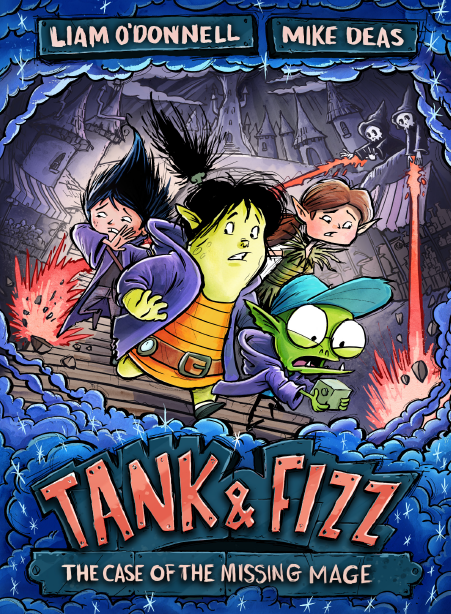
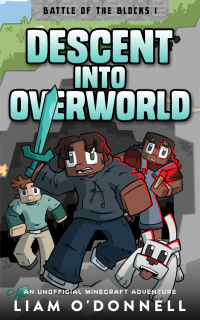
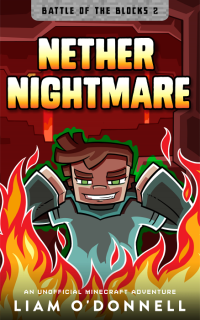
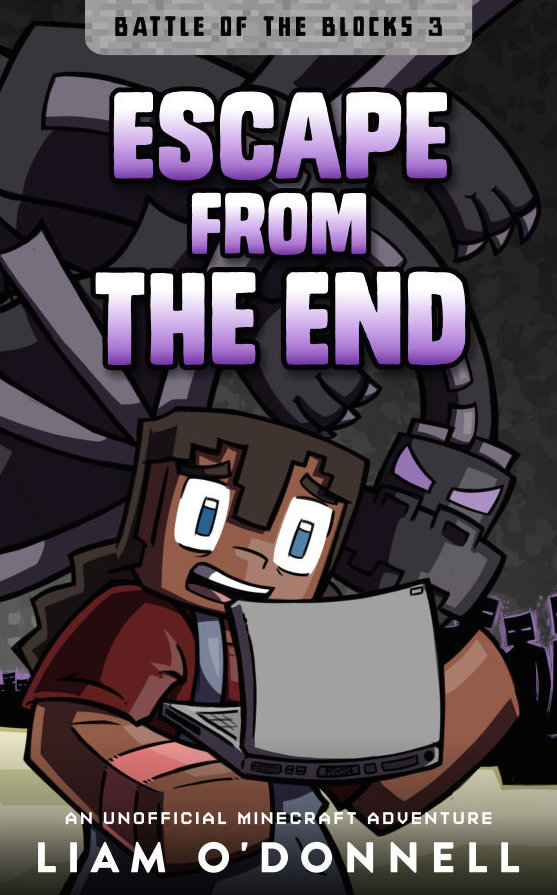
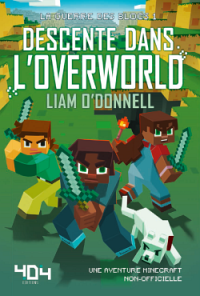
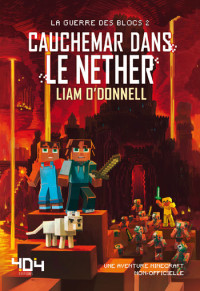

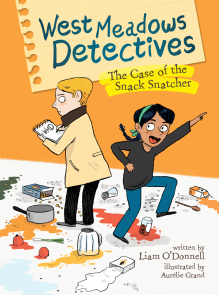
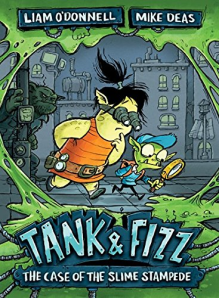
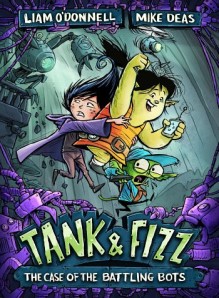
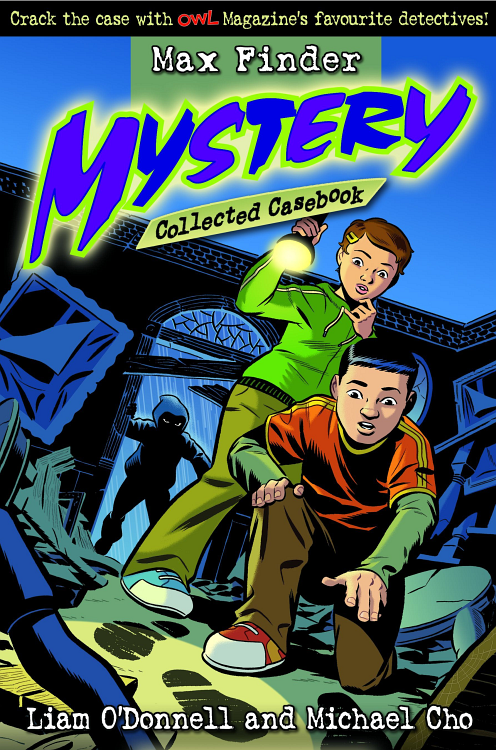
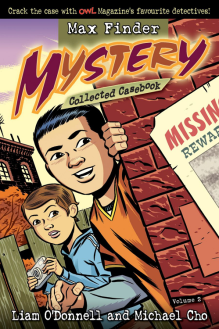
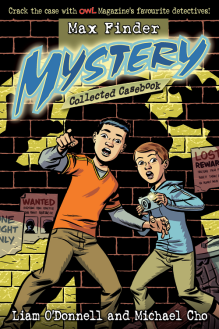
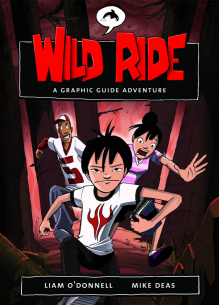
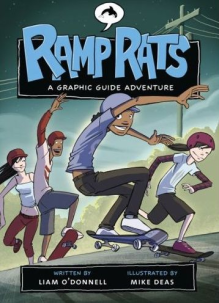
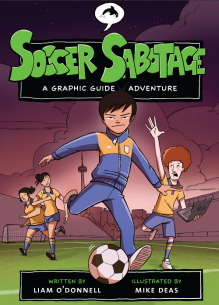
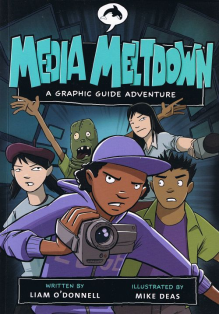
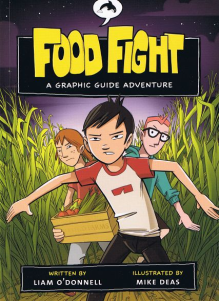
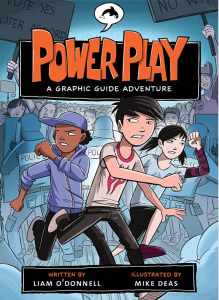
Hi Liam, received your e-mail and will look deeper into your other education site soon! Meanwhile, would love your input on the two latest posts (privacy one and also the additional new UC Davis study re: kids collaboration and gaming, “Computer games can make kids more social, not less”—and would like to hear how this plays out with your research and classroom experiences in Canada?
“My Data is my Data”: Putting Choice Back Into Social Media
http://www.shapingyouth.org/blog/?p=1352
(about net neutrality/privacy stuff) and the one we discussed earlier on VW platforms going beyond coinage and consumption, being “unwritten” as the Natasha Bedingfield song goes:
http://www.shapingyouth.org/blog/?p=1347
Finally, what do you think of the FTC filing yesterday as it pertains to privacy/teens? How can we best create middle ground rev gen via transparency/and favor kids’ self-interests and exploration in the digital sphere? Thoughts? Concerns? Ideas?
Thanks for these links Amy. Will zip over there and let you know what I think.
I think the biggest thing kids learn is to communicate and express themselves in very complex environments. They have to learn the rules and navigate their surroundings then feel comfortable enough to develop relationships. http://www.clubpenguingang.com